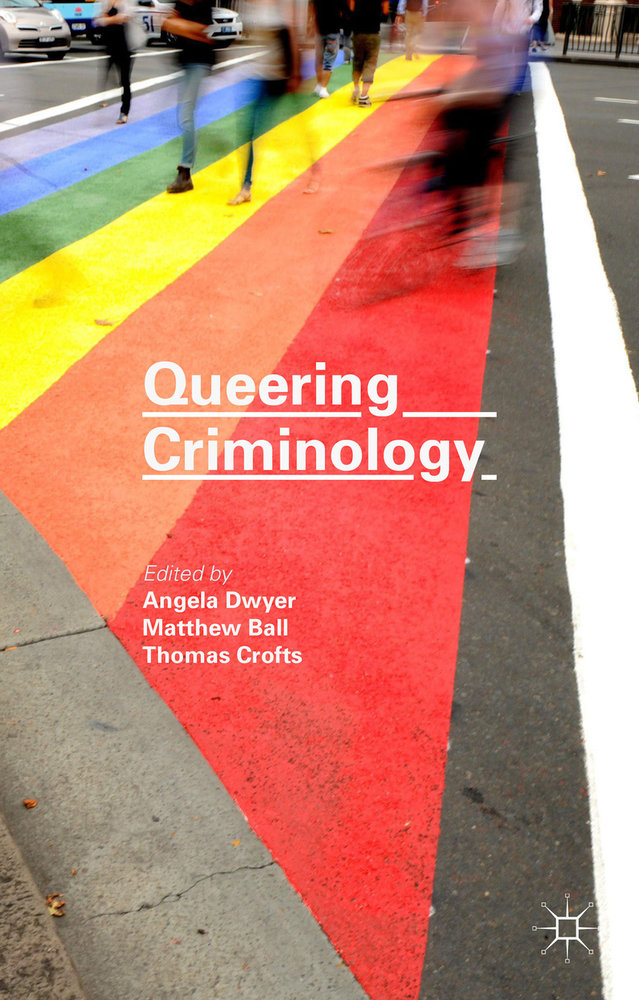Nicole L. Asquith, University of Western Sydney, Australia Matthew Ball, Queensland University of Technology, Australia Tony Butler, University of New South Wales, Australia Thomas Crofts, University of Sydney, Australia Derek Dalton, Flinders University, Australia Basil Donovan, Sydney Hospital, Australia Angela Dwyer, Queensland University of Technology, Australia Bianca Fileborn, La Trobe University, Australia Christopher A. Fox, University of Sydney, Australia Tyrone Kirchengast, University of New South Wales, Australia Dave McDonald, University of Melbourne, Australia Wendy O'Brien, Deakin University, Australia Natasha Papazian, Queensland University of Technology, Australia Senthorun Raj, University of Sydney, Australia Joanne Reekie, University of New South Wales, Australia Juliet Richters, University of New South Wales, Australia Paul Simpson, University of New South Wales, Australia Stephen Tomsen, University of Western Sydney, Australia Lorraine Yap, University of New South Wales, Australia



